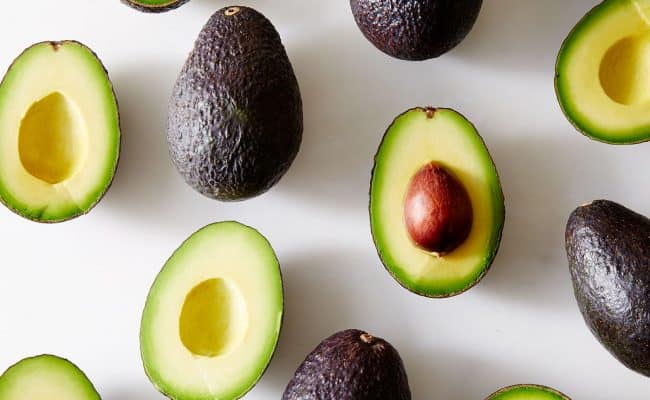
Just like with any food group, the quality and nutritional value of meat can vary greatly. While there is no exact definition of the word processed, in general it usually means a food has been altered from its original state and has other ingredients, most of the time artificial, added to it.
Processed meat can include meat that has been produced using smoking, curing, adding sodium nitrate, other chemicals or other filler ingredients to it. Other types of fat and salt could also be added during the processing.
Processed foods are notorious for being higher in fat, calories and lower in nutrients. Examples of processed meats include: ham, bologna, deli meats, hot dogs, pepperoni, bacon and some kinds of sausages, chicken nuggets or patties.
Processed meats are associated with some negative health risks. Some studies show only an association meaning there isn’t a clear established cause and effect relationship.
Maybe by eating more processed meat you are more likely to have other unhealthy behaviors which are also contributing to disease risk.
Either from a causal or association link, limiting intake of processed meat is recommended.
Cancer risk
The association between processed meats and cancer is perhaps the strongest. According to research from the American Cancer Society, eating high amounts of processed red meat can increase risk of colorectal cancer by up to 50%.
Researchers found the increased in people who had a high intake of processed red meat over a time period of 10 years. A high intake was considered an ounce of processed red meat per day 5-6 days a week for men and an ounce per day 2-3 days a week for women.
See also: Is eating meat everyday bad for you?
A 2011 study and 2007 study also concluded that a high intake of processed meat increased risk for colorectal cancer and suggested limiting intake of processed meats.
The 2007 study also found red meat in particular was associated with a higher risk of esophageal and liver cancer.
Cardiovascular and diabetes disease risk
The link between cardiovascular disease and particular red meat has been negative for the most part, although recent studies, like a 2014 study, suggest limiting red meat intake may be unnecessarily restricted.
A 2010 study that looked at results from 20 different studies found that consuming processed meat, but not red meat, was associated with a higher incidence of heart disease.
A 2010 study found that moderate consumption of lean red meats did not increase risk for heart disease or certain cancers when part of a healthy diet.
However, processed red meats are higher in fat and have other ingredients that could increase risk.
Leaner cuts of meat, like poultry or seafood are also considered lower risk for heart health and can even be beneficial.
Increased mortality risk
Does eating processed meats increase your risk for dying? According to a 2009 JAMA Internal Medicine study (1), eating processed meats was associated with a slight increase of overall mortality and mortality from heart disease and cancer.
This study looked at data from over 500 million people. While this doesn’t mean if you eat processed meat you will automatically die quicker, it just means looking at over 500 million people, those who ate more processed meat had a slightly higher risk for mortality.
More research is needed to fully understand the relationship between processed meat and mortality risk.
What makes processed meat harmful?
Processed meats can contain sodium nitrate which is added to keep meats looking red and can kill bacteria. However, when this is added to meat and the meat is cooked, carcinogens called nitrosamines can form.
See also: What is the healthiest way to cook meat?
Heterocyclic amines (HCAs) and polycyclic aromatic hydrocarbons (PAHs) in processed meats also pose a risk for forming carcinogens when cooked at high temperatures (2). Processed meats are also higher in saturated fats and sodium.
Lower your intake of processed meat
Processed meats are often made to make a quick, convenient option for a tasty protein. To lower your intake of processed meats, choose leaner, unadulterated pieces of meat instead.
It may take longer to cook, but it could pay off in the long run for your health.
Limit the amount of processed meats you choose, don’t make them the norm.
Or take it a step further and eliminate some meat servings throughout the week and replace with whole grains, nuts, legumes and/or veggies!
Conclusion
Eating high amounts of processed meats is associated with increasing risk of cardiovascular disease, certain cancers, type 2 diabetes and even increasing overall mortality risk. Limit your intake of processed meats to an occasional treat instead of making them a normal part of your diet.
Sodium nitrate, HCAs, PAHs, sodium and saturated fats are some of the ingredients that can make processed meats harmful to your health.
More research is needed to further determine levels that are considered harmful or safe.
Choose leaner cuts of meat that are pure for healthier options, or take it a step further and try to replace some meats with more veggies, whole grains, nuts and legumes.










